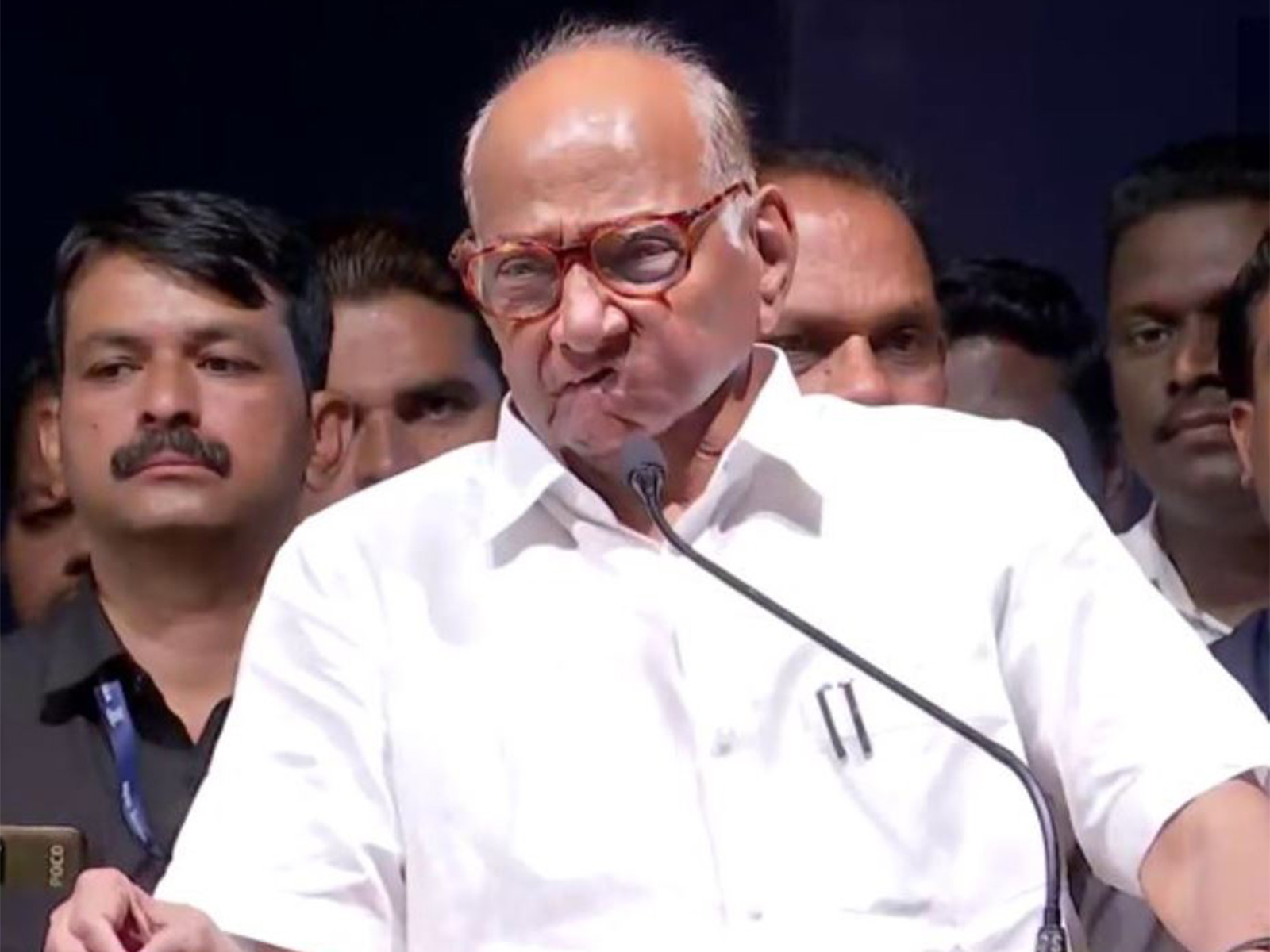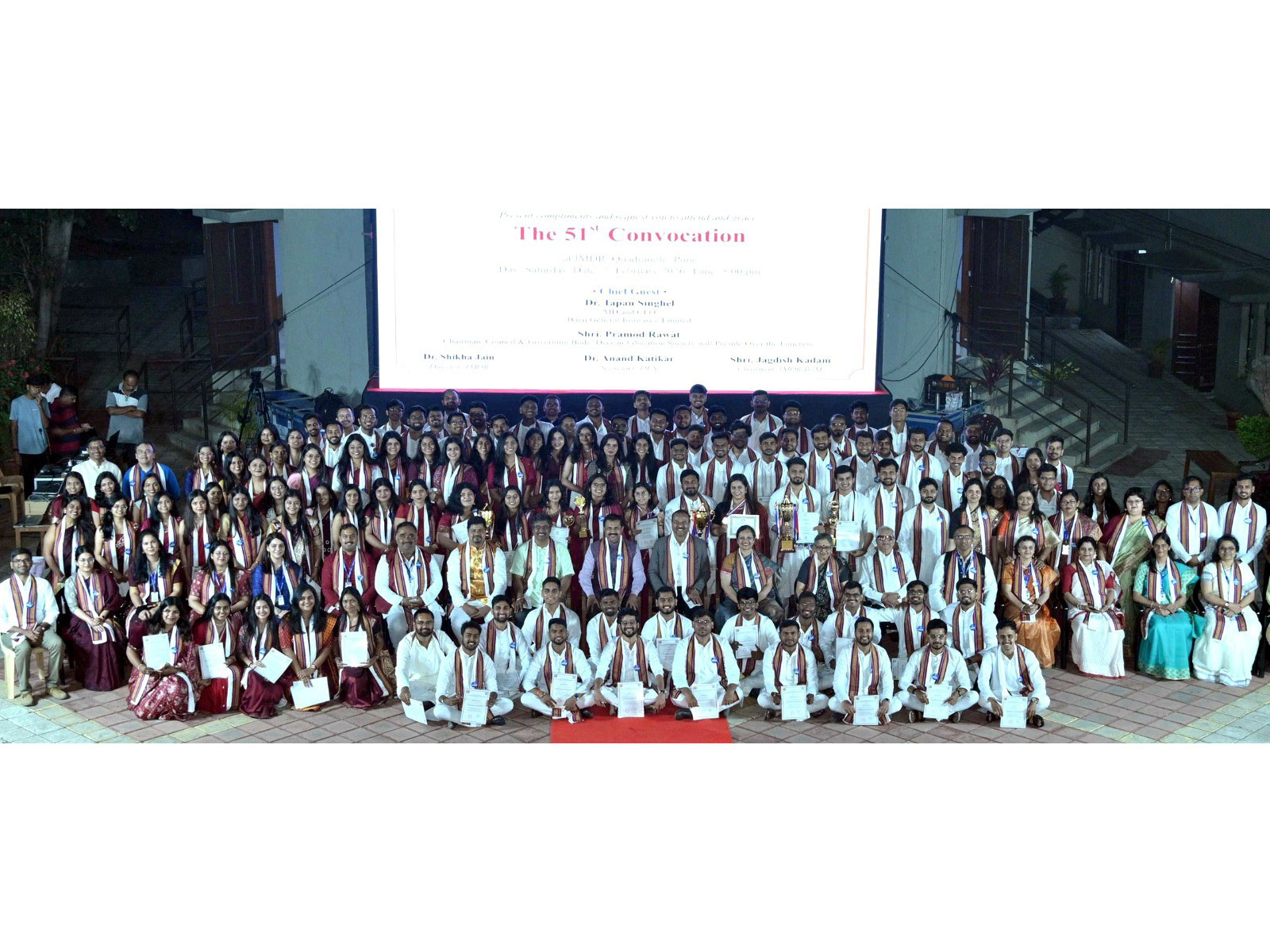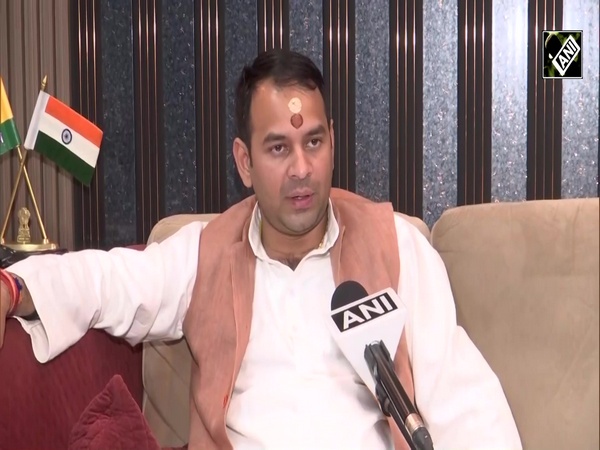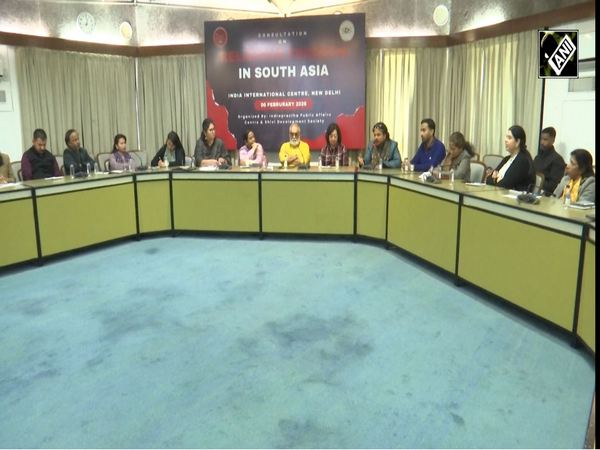Delhi HC Bars Law Colleges from Withholding Exams over Attendance Shortfall; Directs BCI to Revise Rules
Nov 03, 2025
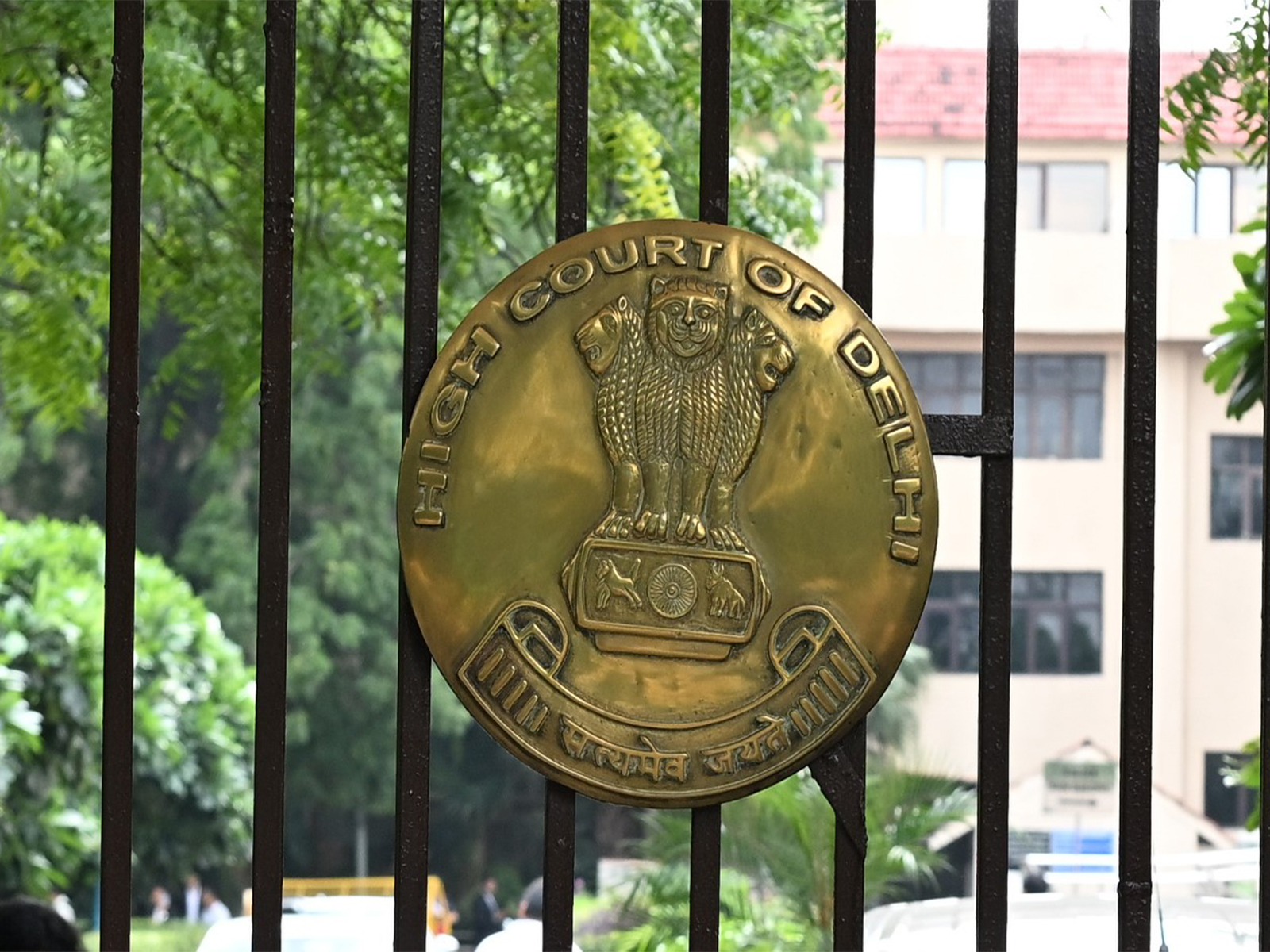
New Delhi [India], November 3 : The Delhi High Court on Monday ruled that no law student across India can be stopped from appearing in examinations on account of attendance shortage. In its judgement, the Court directed the Bar Council of India (BCI) to review and amend its existing attendance regulations for legal education.
The judgment was delivered in the suo motu proceedings initiated after the 2016 suicide of Amity Law School student Sushant Rohilla, which had triggered widespread debate over mental health pressures caused by rigid academic policies.
A Division Bench comprising Justice Prathiba M. Singh and Justice Amit Sharma observed that attendance rules, though essential, must not be enforced so harshly that they inflict psychological harm or lead to tragic consequences.
"Attendance requirements in law schools should not become instruments of distress. Even if attendance deficiency was not the sole factor behind Sushant Rohilla's death, the loss of a young life can never be justified in the name of academic discipline," the Court said while pronouncing its judgment.
With these findings, the Bench brought the suo motu case to a close. It issued a set of wide-ranging directions intended to reform attendance norms and student grievance mechanisms in higher education institutions.
The Bench ordered that until further modification of BCI rules, no student enrolled in any recognised law college or university in India shall be barred from sitting for examinations or advancing academically due to attendance shortage.
The BCI must re-examine and suitably amend its mandatory attendance rules, aligning them with both domestic and international standards of legal education. No institution shall impose attendance conditions stricter than those prescribed by the BCI. All higher educational institutions are required to establish Student Grievance Redressal Committees (SGRCs) as mandated by UGC regulations to handle student complaints and welfare issues.
The Court also recommended that the concept of mandatory physical attendance should be reconsidered and modernized in light of evolving teaching methods, including hybrid and online learning.
Emphasizing a humane approach, the Bench underlined that education should foster growth and confidence, not fear and mental strain.
"The goal of legal education is to cultivate learning, not punishment. Colleges must adopt student-centric solutions instead of resorting to extreme disciplinary measures such as exam detention," the judgment noted.
The Court further noted that universities and professional bodies must view attendance as a tool for engagement, rather than exclusion, and design systems that prevent distress among students.
The proceedings trace back to the death of Sushant Rohilla, a law student at Amity Law School, Delhi (affiliated with Guru Gobind Singh Indraprastha University), who allegedly took his life in 2016 due to stress over low attendance and academic reprimands.
In earlier hearings, the Court had directed the Bar Council of India to review its attendance framework through its Legal Education Committee, and the University Grants Commission (UGC) to ensure that all universities and colleges established Student Grievance Redressal Committees (SGRCs).
The Ministry of Education, in its compliance note, informed the Court that UGC had instructed all higher educational institutions to constitute such committees by September 2024. However, the Court had expressed dissatisfaction with the Ministry's incomplete progress report and urged faster implementation.
Counsel for Amity Law School had argued that the institution had acted in accordance with BCI norms and kept the student's parents informed about his attendance record. The Court also asked Amity to examine the possibility of granting ex gratia compensation to the family.
Meanwhile, the BCI's Legal Education Committee was tasked with holding a consultation on whether its attendance mandates should be aligned with international standards.
